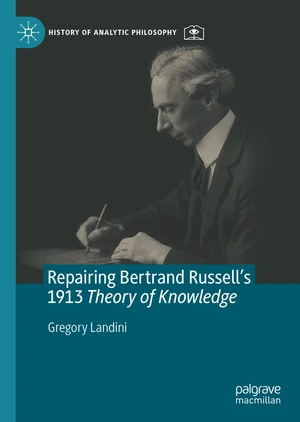This book repairs and revives the Theory of Knowledge research program of Russellâs Principia era. Chapter 1, 'Introduction and Overview', explains the programâs agenda. Inspired by the non-Fregean logicism of Principia Mathematica, it endorses the revolution within mathematics presenting it as a study of relations. The synthetic a priori logic of Principia is the essence of philosophy considered as a science which exposes the dogmatisms about abstract particulars and metaphysical necessities that create prisons that fetter the mind. Incipient in The Problems of Philosophy, the programâs acquaintance epistemology embraced a multiple-relation theory of belief. It reached an impasse in 1913, having been itself retrofitted with abstract particular logical forms to address problems of direction and compositionality. With its acquaintance epistemology in limbo, Scientific Method in Philosophy became the sequel to Problems. Chapter 2 explains Russellâs feeling intellectually dishonest. Wittgensteinâs demand that logic exclude nonsense belief played no role. The 1919 neutral monist era ensued, but Russell found no epistemology for the logic essential to philosophy. Repairing, Chapters 4â6 solve the impasse. Reviving, Chapters 3 and 7 vigorously defend the facts about Principia. Studies of modality and entailment are viable while Principia remains a universal logic above the civil wars of the metaphysicians.
Price history
Jan 26, 2022
€123.19

